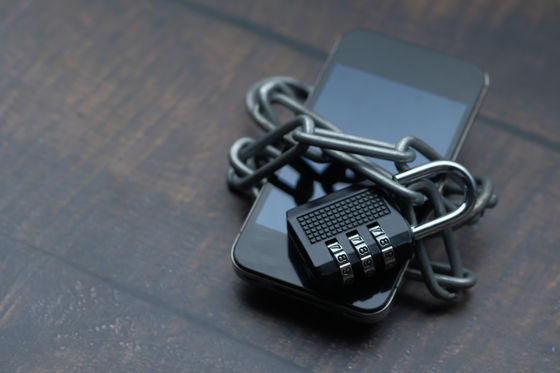France rejects bill to make backdoors mandatory for messaging apps, accidentally breaks electronic voting system, sparking fuss over hacking

A French bill to make the contents of encrypted messaging apps such as Signal and WhatsApp available to intelligence agencies in order to combat drug trafficking was rejected by a majority in the French National Assembly on March 20-21, 2025. The Electronic Frontier Foundation welcomed the resolution, calling it a 'victory for digital rights, privacy and security, and common sense.'
Narcotrafic : l'Assemblée refuse l'accès aux messageries chiffrées, contre l'avis de Bruno Retailleau | LCP - Assemblée nationale
L'Assemblée nationale vote pour le maintien de la confidentialité des messageries cryptées, lors d'une nuit agitée
https://www.lemonde.fr/societe/article/2025/03/21/l-assemblee-vote-pour-le-maintien-de-la-confidentialite-des-messageries-cryptees-lors-d-une-nuit-agitee_6584121_3224.html
A Win for Encryption: France Rejects Backdoor Mandate | Electronic Frontier Foundation
https://www.eff.org/deeplinks/2025/03/win-encryption-france-rejects-backdoor-mandate

The bill that was rejected by Parliament this time was the '
This provision, which would have effectively gutted end-to-end encryption and required the creation of backdoors, was removed during the review process, but some advocates had sought to reinstate the provision.

On a webpage explaining the bill, the French government said: 'The report of the Senate Commission of Inquiry into the impact of drug trafficking in France has revealed that it has infected the entire country, including mid-sized towns and rural areas that had previously been spared. This shows that our country is at a turning point and, above all, that there is an alarming lack of national capacity, insight and coherence.'
Interior Minister Ritteau also referred to
Meanwhile, security experts and privacy advocates have strongly opposed the bill. The Electronic Frontier Foundation said, 'The bill was a wish list for surveillance disguised as anti-drug law, including a return to the widely criticized 'ghost participant model' -- a backdoor that pretends not to be a backdoor. This technique would allow law enforcement to silently participate in encrypted chats, undermining the very notion of private communications.'
The parliamentary session deliberating the bill was in turmoil, with some members even calling the lawmakers who submitted the amendments 'gun mules.'

Furthermore, due to a coincidence that the electronic voting system broke, it was not possible to take a vote, so in the end, the vice-speaker read out the names of all 577 members of parliament, and the members in attendance took turns standing on stage to verbally respond to the question of whether they were in favor or against, and so voting took place in an analogue manner.
As a result, just before midnight and the new date, the bill was rejected by a majority of 119 votes against and 24 in favor.
Digital rights groups hope that France's decision will lead to the repeal of anti-encryption bills being debated in other countries around the world, including the United States, the United Kingdom and Australia. In a statement, the Electronic Frontier Foundation said, 'France's rejection of the backdoor clause sends a message to legislators around the world that fundamental rights do not need to be sacrificed in the name of public safety. Encryption is not the enemy of justice, but a tool that upholds our fundamental human rights, including the right to private conversations, and a pillar of modern democracy and cybersecurity.'
Related Posts:
in Web Service, Security, Posted by log1l_ks







